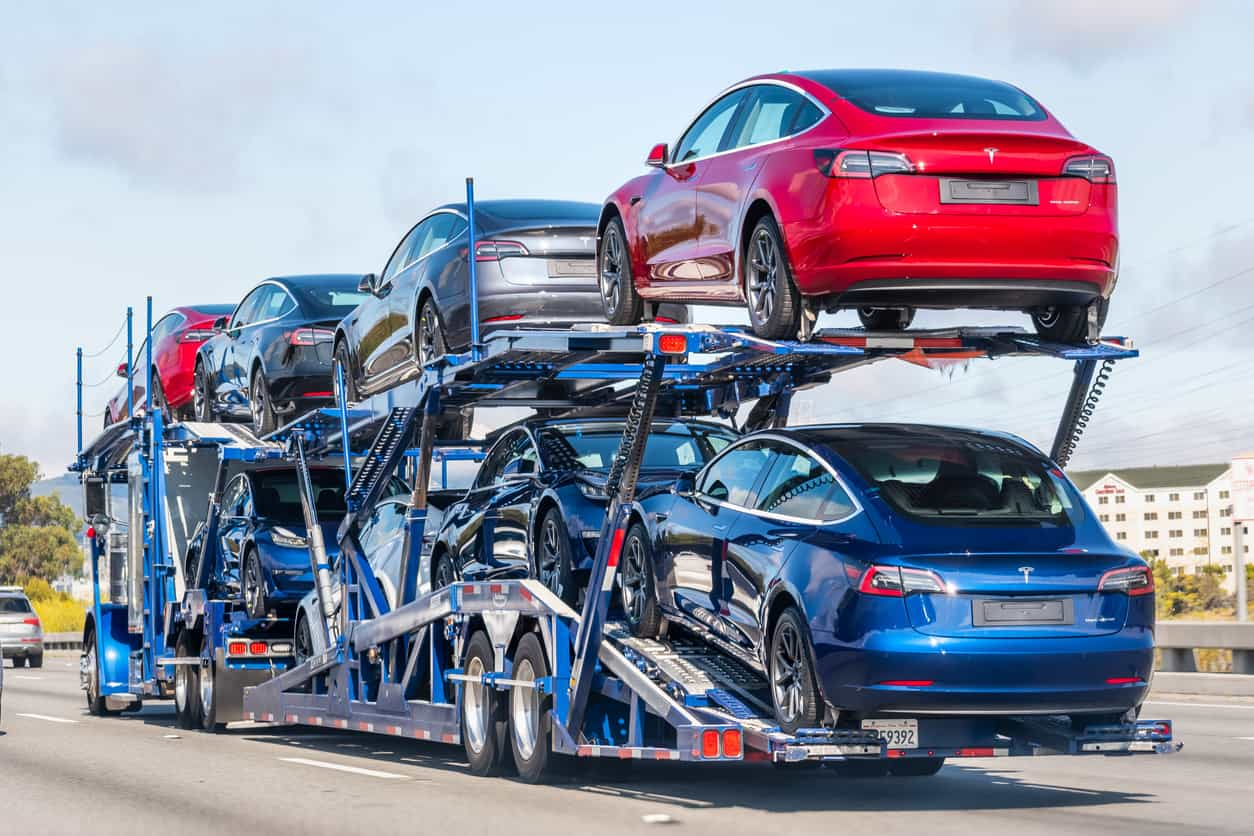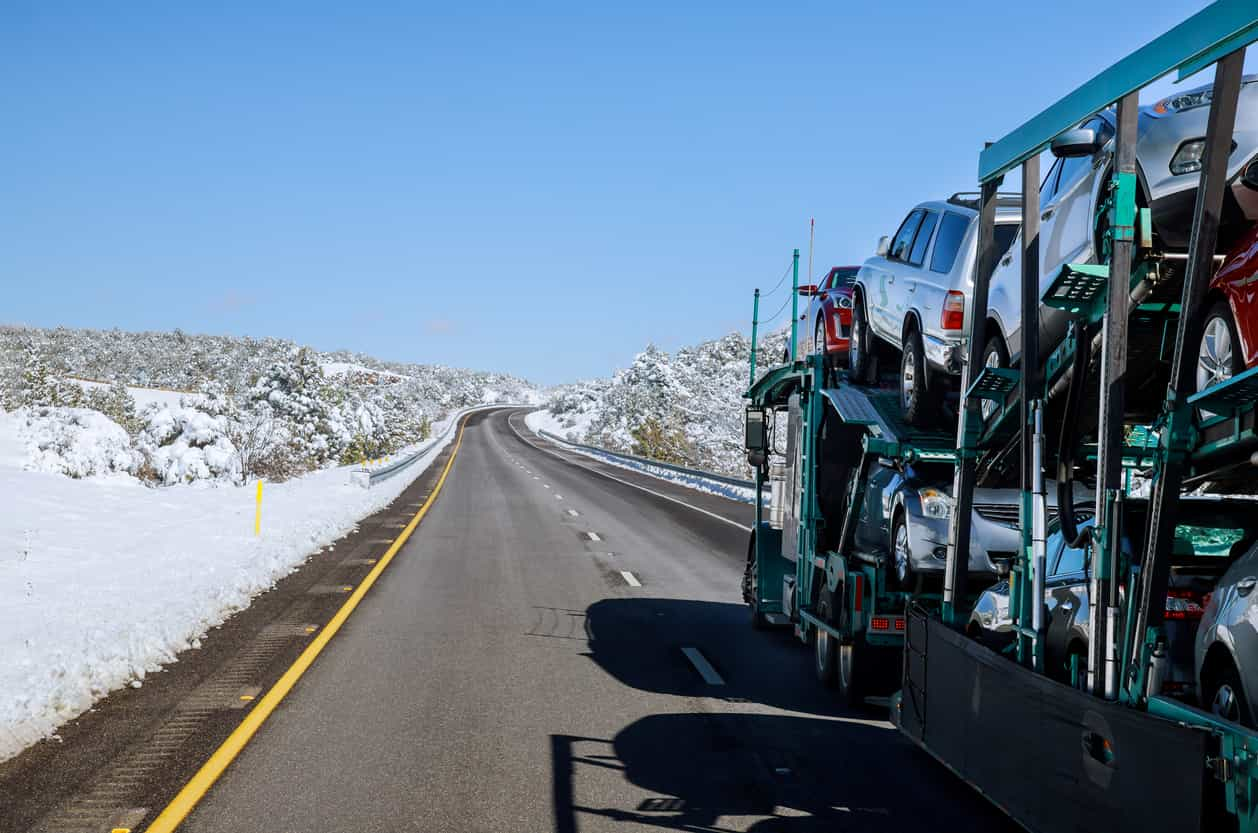Introduction: Why This Journey Might Not Be the Best Idea
Many families instinctively consider a cross-country road trip to deliver their college-bound child’s vehicle to campus. However, this endeavor could be more complicated and burdensome than anticipated. Let’s delve into why avoiding the drive might be the smarter choice.
State-Specific Challenges: An Alphabet Soup of Regulations
Across America, each state boasts its own unique rules and regulations regarding vehicles and road usage. When planning a cross-country journey, understanding these differences is crucial.
Insurance Complications
Most states require specific minimum insurance coverage. These amounts can vary, causing potential legal complications if you find yourself in an accident while underinsured in a given state.
Varying Traffic Laws
Whether it’s stricter speed limits in Virginia or unique right-of-way laws in Oregon, every state has traffic rules that may differ from what you’re used to. Navigating these regulations can add stress to your trip.
Toll Roads and Gas Prices
Furthermore, the presence of toll roads and fluctuating gas prices can significantly impact your travel costs. States like Florida and Illinois are known for their toll roads, while gas prices can be considerably higher in California than in Texas.
The Physical Toll: More Than Just Miles
The human body is not designed for prolonged sedentary periods. Long hours on the road, coupled with irregular sleep and dietary habits, can wreak havoc on your health.
Sedentary Struggles
Sitting for extended periods, a given on long drives, can lead to issues like lower back pain, blood clots, and other health concerns.
Irregular Sleep Patterns
Sleep irregularities due to different time zones or the need to cover more distance can lead to sleep deprivation, impairing your cognitive abilities and reflexes – a risky proposition when driving.
Dietary Disruptions
Road trip food is rarely nutritious. Frequent fast-food meals and a lack of fresh produce can lead to digestive issues and a general sense of discomfort.
Vehicle Wear and Tear: The Hidden Costs
Your car also feels the strain of a cross-country drive. Increased mileage can accelerate the depreciation of your vehicle and hasten the need for maintenance.
Rapid Depreciation
Driving thousands of miles can drastically decrease your car’s value. If you plan to resell in the future, this depreciation can impact the return you receive.
Accelerated Maintenance
Long drives can strain your car’s engine, tires, and brakes, leading to premature maintenance needs. These unanticipated repairs can create financial burdens and cause scheduling disruptions.
The Better Alternative: Vehicle Shipping Services
Rather than undertaking this arduous journey yourself, consider using a professional vehicle shipping service. They handle the logistics, minimizing the physical and vehicular toll.
Less Hassle, Less Stress
With professionals in charge, you avoid the stress of planning routes, navigating state regulations, and driving for long hours.
Protection Against Wear and Tear
Shipping services also help protect your vehicle from the wear and tear of a cross-country drive, preserving its value and operational integrity.
Conclusion: Weighing the Options for Your Journey
Driving your child’s car across the country might initially seem like an adventure, but the costs — to your health, your car, and your wallet — might outweigh the perceived benefits. Instead, consider the merits of a professional vehicle shipping service, offering a less stressful, less strenuous alternative that protects your vehicle’s value and your well-being.
FAQs
1. How does vehicle shipping work?
Vehicle shipping involves professionals loading your vehicle onto a truck and transporting it to your desired location. They handle the logistics, ensuring your vehicle’s safe arrival at its destination.
2. What about the costs of shipping services?
While the costs of vehicle shipping services can vary, it’s important to factor in the hidden expenses of a cross-country drive, like tolls, gas, meals, accommodation, and potential vehicle repairs.





